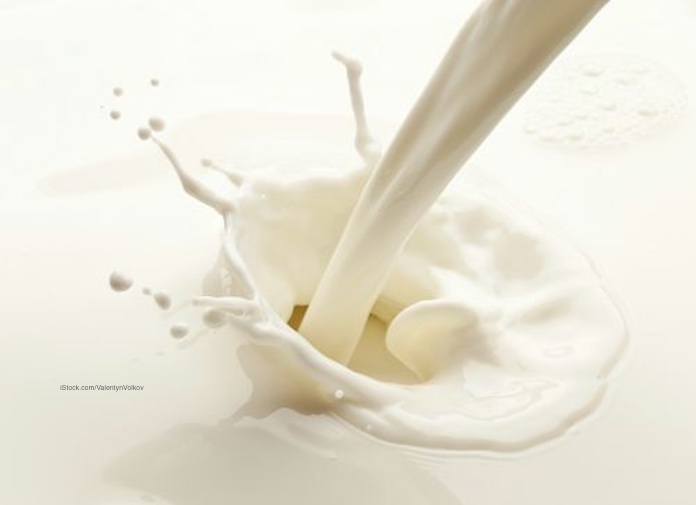The FDA sent a letter to Desert Farms of Santa Monica, California, telling them that the claims they are making about the products they produce classify them as drugs, and they cannot sell them through interstate commerce. The FDA has threatened to seize products and may seek an injunction against Walid Abdul-Wahab and his company if changes are not made.

The company’s Facebook page posts therapeutic claims that state the milk products are “intended for use in the cure, mitigation, treatment, or prevention of disease.” The products in question for sale are Raw Camel Milk (Fresh); Raw Camel Milk (Frozen); Raw Camel Milk Kefir (Fresh); Raw Camel Milk Kefir (Frozen); Pasteurized Camel Milk (Fresh); Pasteurized Camel Milk (Frozen); and Raw Camel Milk 1st Colostrum (Frozen); Raw Camel Milk Regular Colostrum (Frozen); and Camel Milk Powder.
Some of the claims being made on the company’s Facebook page include phases such as “benefits of camel milk is now being embraced by health-conscious consumers, children with autism & people with diabetes,” and “Autistic children may benefit from camel milk,” and “it helps in diseases such as tuberculosis, diabetes…”
The claims made on the facility’s web site include, “camel milk proponents believe that camel milk might benefit people with autism. A study published in the 2005 edition of the “International Journal of Human Development” observed the effects of camel milk consumption, instead of cow milk, on autistic people. Researchers discovered that after a 4-year-old female participant drank camel milk for 40 days, her autism symptoms disappeared. A 15-year-old boy also recovered after 30 days of drinking the milk…” Other claims include, “Recent studies are beginning to show that Camel Milk may have benefits in halting the progression of Dementias such as Alzheimer’s… The camel milk could also potentially benefit other brain degenerative diseases such as Parkinson’s and autism.”
Those products are not generally recognized as safe and effective for the uses claimed, according to the FDA, and are therefore considered “new drugs” under the Federal Food, Drug, and Cosmetic Act, according to the FDA. The products are intended for treatment of diseases that are not self-diagnosed or treated without a doctor.




